- 31 Posts
- 240 Comments

 22·19 days ago
22·19 days agoDon’t trust a VPN kill switch, they can fail. Bind your torrent client to your VPN network interface.

 1·1 month ago
1·1 month agoInteresting, maybe they check whether it’s a domain/remote IP on the client side to prevent usage of a reverse proxy.

 11·1 month ago
11·1 month agodidn’t have to
Now you do have to, unless you pay for Plex and its convenience.

 21·1 month ago
21·1 month agoYou need to properly name your media with a proper scheme (including tmdbid/imdbid).

 61·1 month ago
61·1 month agoYes, after I set up the server properly (reverse proxy). With this change the same setup on the server side is necessary for remote streaming with free Plex.
My mum puts in the domain, username and password and starts streaming.

 2·1 month ago
2·1 month agoI don’t think Jellyfins focus is currently to support irregular naming schemes. Naming media correctly with a proper scheme is the way to go.
Just so you know I wouldn’t hold my breath.

 5·1 month ago
5·1 month agoYes. There’s AudioBookShelf for audio books.

 51·1 month ago
51·1 month agoRoku is also a thing in Europe.
Though I also gave up trying to set up Tailscale for people and just exposed Jellyfin (behind a reverse proxy).

 9·1 month ago
9·1 month ago“Good luck setting up remote streaming with free Plex.”
Yes, Jellyfin does not forward ports for you. Same as free Plex. With this change both are the same difficulty to set up for free, the only difference is with Plex there’s a shortcut: Buy Plex.

 131·1 month ago
131·1 month agoJellyfin does not host anything. With this change free Plex users behind a reverse proxy (or VPN) and Jellyfin users behind a reverse proxy (or VPN) work the same for remote access.
The only difference is that Plex no longer provides expensive services for free, while Jellyfin never provided them.

 3·1 month ago
3·1 month agoYes, but you should use a reverse proxy for anything open to the internet. If you use a reverse proxy (without passing X-Forwarded-…), Plex and Jellyfin should have feature parity with this change.

 10·1 month ago
10·1 month agoThey explained quite well why those comparisons aren’t valid either way. They are freezing their setup from updates so performance claims are mostly invalidated almost immediately etc.
They going to lengths trying to remove variables and compare apple to apple, which is not possible when comparing different platforms.

 85·2 months ago
85·2 months agoNon-rechargeable batteries is a terrible idea from an ecological point of view.
Most people won’t replace an internal battery. If the battery dies, they buy a new controller.
I’m not sure whether this is actually better for the environment than even if they were using non-rechargeables.

 8·2 months ago
8·2 months agoYou’re already able to. I wonder whether they’re using Waydroid.

 2·2 months ago
2·2 months agoI mistakingly wrote 6600, it’s similar to a lower clocked RX 7600. Though it’s performance is not that much different than the 6600. It’s a okay GPU. It’s a entry level GPU, i.e. the most inexpensive to get while still getting good value.

 51·2 months ago
51·2 months agodeleted by creator

 3·2 months ago
3·2 months agoRoku is really simple and locked down. There’s ads on one side but nothing else. My 80yo grandma uses it.
Otherwise Projectivy is an Android TV launcher that can be configured to be really stripped down. It takes a bit of time but if you do it right it’d show less options than even Roku (it’d show only the apps you select, no launcher settings etc).
As a box I’ve heard good things about Onn (Walmart) if your in the US. If not, Homatics is great but pricey. Kick Pi KP1 is more affordable (but still way more expensive than Onn).

 1·2 months ago
1·2 months agoThanks for the clarification. Hopefully they will do that.

 3·2 months ago
3·2 months agoIn their EU store, Fairphone already sells degoogled Fairphones with /e/OS next to their regular Fairphones with Google.
Is this what you mean with
from the factory
?
Or do you want them to get rid of the partnership with murena and do it themselves?

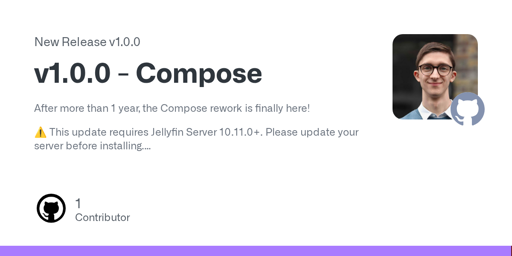

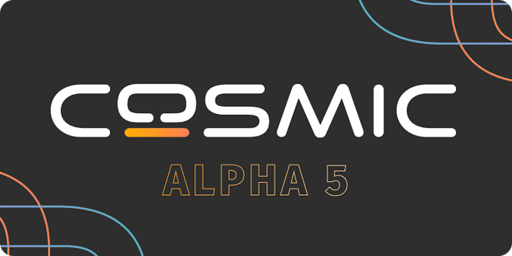

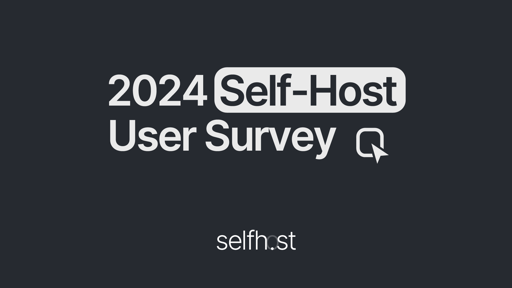

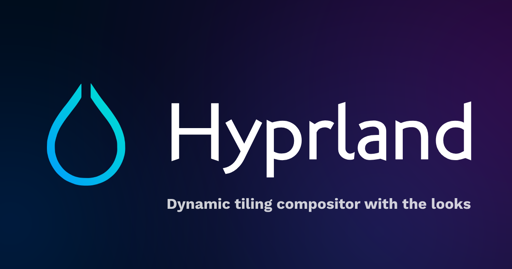



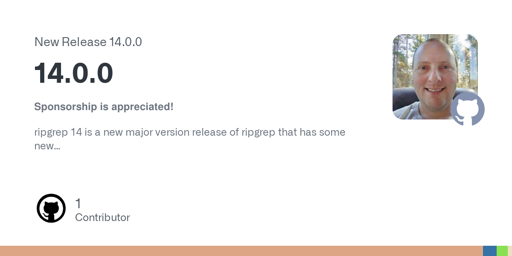

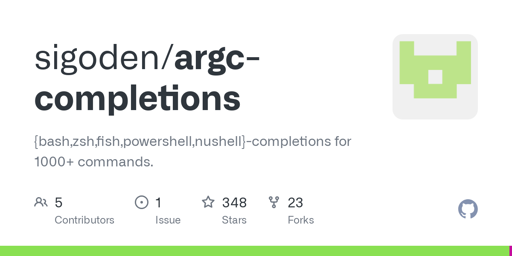
The dev constantly worked on it every few weeks over the last year, but just didn’t build an official release, until they reimplemented all features.